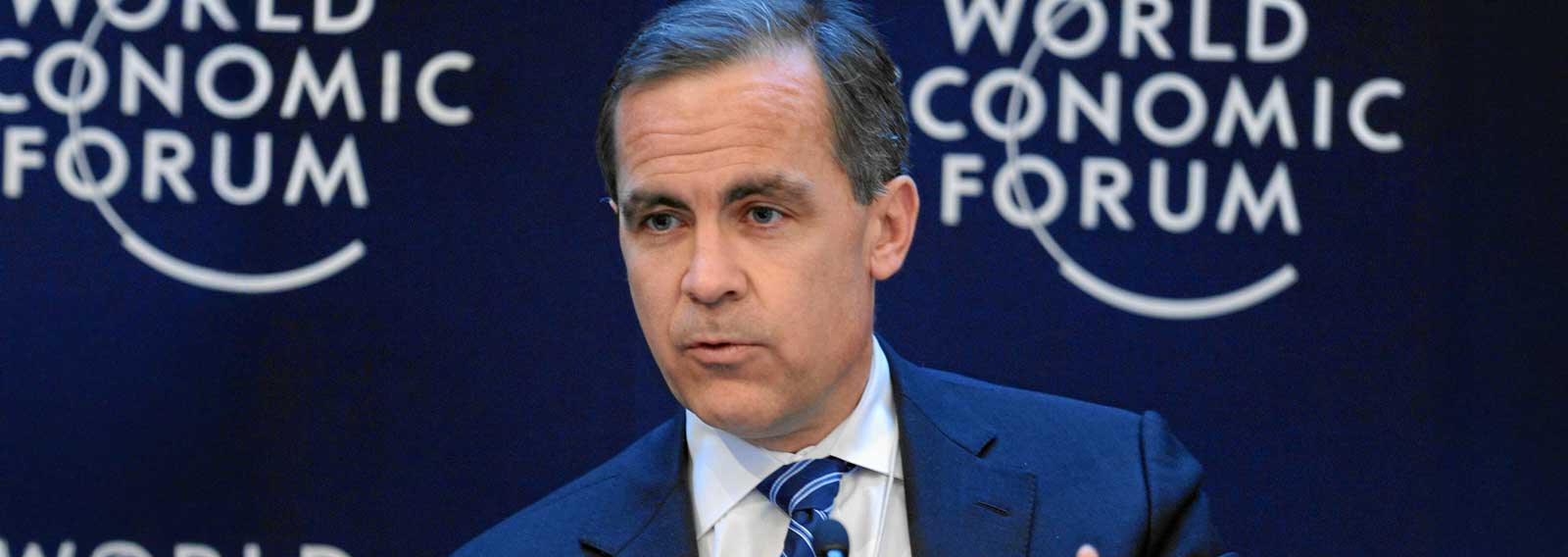Over the past few decades, there have been a number of excellent works critiquing the sexual revolution, the porn culture, sexuality divorced from morality, and so on. While many of these are penned by those who are conservatives and Christians, not all are. Some are written by secular, liberal feminists. Perry falls into this camp, so she cannot simply be dismissed as just some right-wing religious type.
Her new book makes a powerful case for how the much-vaunted sexual revolution has actually been a massive failure, and certainly has not been beneficial to women and children. Indeed, wealthy men tend to be the main beneficiaries of all this.
In her first chapter, “Sex Must Be Taken Seriously,” she explains what her main topic is: “the effect of the sexual revolution on relations between the sexes.” As many before her have documented, relations have suffered greatly, and women especially bear the brunt of all this.
And again, the bitter fruit has long been documented. But when someone normally associated with supporting what the 60s has wrought speaks out against it – at least in good measure – then you know maybe things are not really right, and a closer look is needed.
So in well-documented chapters, she looks at a number of shibboleths that her own side has pushed, noting their very real shortcomings. Imagine for example taking on one of the big liberal dogmas of our time: that men are actually the same as women.
Since Perry has been involved in rape crisis work, she knows that this is more than just a theoretical discussion. She states that she used to buy the standard yarn that there are no real differences between the sexes, and that what we have is just socialisation processes.
But the more she worked with rape victims – and the more she read some countervailing research – the more she became convinced that this must largely be rejected. She says human beings are animals, members of the Great Apes. And there we see very real differences between male and female. She notes physiological distinctions, among others. The trans debate arises here of course, and she writes:
But recognising these kinds of physical limitation does not sit well with a liberal feminist project that aims to challenge any restrictions on human freedom. If we acknowledge that there are immovable differences between the sexes in terms of strength and speed, then we are also forced to acknowledge not only that natal males cannot fairly compete in women’s sports, but also that natal females experience a permanent physical disadvantage. And the consequences of this disadvantage go well beyond sports, particularly when male upper body strength is set beside the fragility of the female throat and skull. In the modern West, it has become increasingly possible to become detached from the sexually dimorphic body when one does not do a manual job, compete in sports or bear children. But the unwelcome truth will always remain, whether or not we can bear to look at it: almost all men can kill almost all women with their bare hands, but not vice versa. And that matters.
Getting back to the rape issue, she suggests that we may need to ease up – at least somewhat – on the common assertion that it is just “an expression of political dominance rooted in patriarchy” and might better understand it as “an aggressive expression of sexual desire.”
This is examined further in her next chapter, “Some Desires Are Bad”. It discusses the porn culture in general and paedophilia in particular. The tsunami of sleaze – including things like child porn – that we now have raging all around us must be challenged and we might have to admit that many defenders of the sexual revolution were on the “wrong side of history.” As she says
When you set out to break down sexual taboos, you shouldn’t be surprised when all taboos are considered fair game for breaking, including the ones you’d rather retain…. The radical desires of sexual liberals do not work in a world in which human sexuality is not always beautiful but often wicked and repulsive. The desire to free the minnows is a good one, but reckless action can result in freedom for the pikes as well. In an interconnected society, the one impacts the other.
But the progressive narrative disguises this truth and, in doing so, does terrible harm to the minnows: that is, the people who have been offered up as sacrifices to the cause of sexual freedom. A society that prioritises the desires of the highly sociosexual is necessarily one that prioritises the desires of men, given the natural distribution of this trait, and those men then need to call on other people – mostly young women – to satisfy their desires.
Perry does not want to go back to some form of Victorianism, but recognises that some moral framework is certainly needed here. Sexual anarchism, freed from all ethical concerns – is clearly not the answer:
When we strip back all sexual morality to the bare bones, leaving only the principle of consent, we leave the way clear for some particularly predatory pikes. As the example of paedophilia advocacy shows, the consent framework is nowhere near robust enough to protect the vulnerable from harm. Given the profound importance and complexity of sexual relationships, a much more sophisticated moral system is required, and the Foucaults and Rubins of the world are not best placed to describe it.
She also has a chapter on the importance of marriage, which is useful, although she does push some unhelpful views along the way. But she cites some of the long-standing research that I and others have been touting for many decades now. For example:
Fatherlessness is associated with higher incarceration rates for boys, higher rates of teen pregnancy for girls, and a greater likelihood of emotional and behavioural problems for both sexes. This is not only because children are denied the material support their fathers might have given them but also because single mothers are obliged to take on the almost impossible task of doing everything themselves: all of the earning, plus all of the caring, socialising, and disciplining of their children.
Again, it is women who are overwhelmingly the losers when it comes to the assault on marriage and the push for sexual liberation:
All in all, attempting to mimic the cad mode of male sexuality, as liberal feminism encourages, does not constitute liberation for women. The Hugh Hefners of the world do not quail at the thought of a ‘sexually liberated’ womankind. Quite the opposite, in fact. They are delighted to find themselves with a buffet of young women to feast on, all of them apparently willing to suffer their mistreatment without complaint. Looked at in the starkest terms, I can’t help but agree with the dark pronouncement my grandmother made when I told her about the thesis of this book: ‘women have been conned.’
There is also a chapter on prostitution: “People Are Not Products.” This of course predates the sexual revolution, but it ended up being further condoned and celebrated by it. If sex has no special value or moral parameters, then anything goes, and prostitution is just peachy. But not so says Perry:
The whole point of paid sex is that it must be paid for. It is not mutually desired by both parties – one party is there unwillingly, in exchange for money, or sometimes other goods such as drugs, food or shelter. The person being paid must ignore her own lack of sexual desire, or even her bone-deep revulsion. She must suppress her most self-protective instincts in the service of another person’s sexual pleasure. This is why the sex industry typically attracts only the poorest and the most desperate women – these are the people who don’t have the means to resist it.
And again:
In the global sex industry, it is poor countries that provide the ‘product’ and rich countries that provide the demand. The brothels of the UK, Netherlands and Germany are filled with women from poor parts of the European Union, in particular Romania, as well as women from West Africa and Southeast Asia, some of whom have been forcibly trafficked, while the rest are there as a result of varying degrees of poverty. Meanwhile, the brothels of Bangkok that cater for tourists are filled with sex buyers from Europe, Australia and North America. The buyers tend to have lighter coloured skins than the sellers because sex is sold in only one direction along the economic gradient.
Other chapters that could have been highlighted here include: “Loveless Sex Is Not Empowering;” and “Violence Is Not Love.” All up, the book is well worth a read. I do not know all that much about the author. As I say, she makes a secular case here, but she does at times quote folks like C. S. Lewis and G. K. Chesterton, so that is a real plus.
Sure, as a feminist more or less from the left, not everything Perry says will be embraced by those who are conservative and/or religious. But when you have someone like this making a fairly strong case for the differences between men and women, the importance of marriage, and the depersonalising nature of the sexual revolution and porn culture, then you know you need to sit up and take notice of the arguments that are being made.























